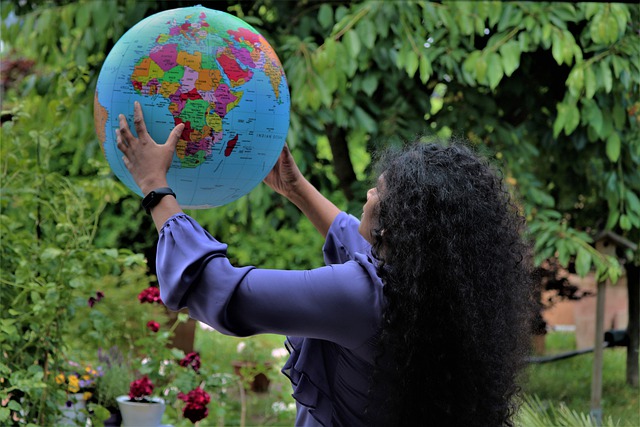The current global approach towards surrogacy is positive.
The benefits of commercial global surrogacy are acceptable to the general population.
The advantages of surrogacy over inter-country adoption are also significant.
All these promising approaches of surrogacy become popular across the globe.
In 2004, the worldwide child adoption rate was at its peak, which reached up to 45,000.
But a research study published in 2017, reported that 70% declined rate of adoption due to increasing acceptance of surrogacy.
Global commercial surrogacy has extremely raised in this decade.
Commercial surrogacy is successfully conducted on a contractual payment basis.
Embryos are transferred to surrogates and she carries the fetus for the full term and delivers the child for the intended parents.
And she has paid for her service according to the surrogacy law of the country.
Some countries across the globe legally permit both commercial and altruistic surrogacy.
However, some countries only allow for altruistic surrogacy. Altruistic surrogacy is contrasting with commercial surrogacy, as it is completely conducted using noble reason without involving any payment services.
Recently many countries have banned commercial surrogacy to avoid women exploitation.
Social workers are very much concerned with ethical issues to arise with the commercialization of surrogacy service.
Surrogacy is an advancement of medical science, which gives their opportunity to infertile couples to have their biological child.
But continuous debates due to increased exploitation of women and increase the vulnerability of poor, illiterate women.
Social workers are continuously trying and working to improve the global surrogacy practice by enforcing to create global uniform surrogacy law.
The aim to implement this law is to fair labor practice across the globe.
Global surrogacy law can harmonize regulatory procedures to organize legal frameworks globally.
Implementation of this will help to develop cooperation and collaboration of countries that will effectively take part in cross-broader surrogacy.
Fertility clinics and surrogacy agencies must have global accreditation for conducting the surrogacy transaction.
This will help to transform the system ethically in all aspects of the service sector.
The critical approaches of surrogacy across the globe will be specifically handled by securing all human rights including the prevention of child rights violations.
The implemented act must be in favor of the best interests of the child.
Read Also: Surrogacy in India Alternative
Read Related: Transnational Surrogacy, Citizenship, and International Scenario

Ravi Sharma is a self-motivated, successful entrepreneur and has a solid experience in the fertility segment. and he is the director at ARTbaby Global (ARThealthcare). He is a pharmacy graduate with post-graduation in business administration and has 14 years of rich experience in the field of infertility segment. He loves to write about IVF, Surrogacy, and other ART (assisted reproductive technology) news, issues, and updates. He is a Pharmacy graduate (B. Pharm) and M.B.A (marketing).
His most recent success includes the successful launch of the medical tourism company, ARTbaby, which offers treatment options for infertility, egg donation, and surrogacy. He likes spending time with his family and writing about various aspects of IVF surrogacy and donating eggs.

